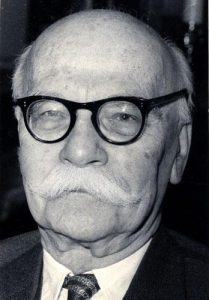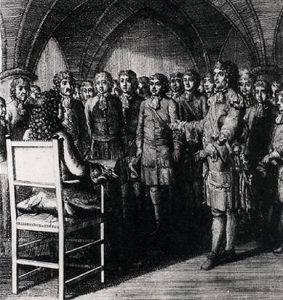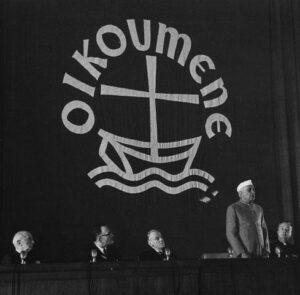An old theme
While the protestant identity was weakening, many historians, writers or reporters revived Barrès’ and Mauras’ old topic of the « protestantisation » of France, but on a non-controversial level.
Indeed, at the end of the 19th century, some Catholic and nationalist intellectuals feared that the solution to the « religious question » would imply « in fine » France’s conversion to Protestantism ; all the more so since noteworthy social changes, above all the struggle for a secular state, were attributed to it. The political aspect was also underlined. As the Belgian, Emile de Laveyele had already written in 1876 : « Everywhere the Reform has been established, it has encouraged education, economic growth, higher moral standards and contributed to the establishment and correct functioning of free institutions ».
Revived at the end of the 20th century
One century later, Alain Peyrefitte brilliantly revived the theme in his book Le Mal Français (The French Ailment) : « In Reformed countries can be seen liberation from any divinely awarded right, confidence in individuals and groups, the taste for scientific research and techniques, the boosting of initiatives, and an economic mentality. In counter-Reformed countries, submission to a hierarchic authority, caution of individuals and groups, an organisation hostile to autonomy and innovation, and anti-economy prejudice can be witnessed ».
In 1987 the magazine L’Evenement du Jeudi (The Thursday Event) said « there are less and less Protestants, but their modern ideas, their passion for individual freedom and their humanism is spread throughout French society ».
Integration
Though the influence of the protestant community was undeniable, these assertions are excessive because they do not take into account the modernisation of Catholicism ; and rather than the protestantisation of France, a perfect integration of Protestantism in our present society should be stressed. In 1985 the celebration of the tri-centennial of the Revocation of the Edict of Nantes, as well as the quadri-centennial of the Edict of Nantes triggered interest and not hostility in public opinion.





